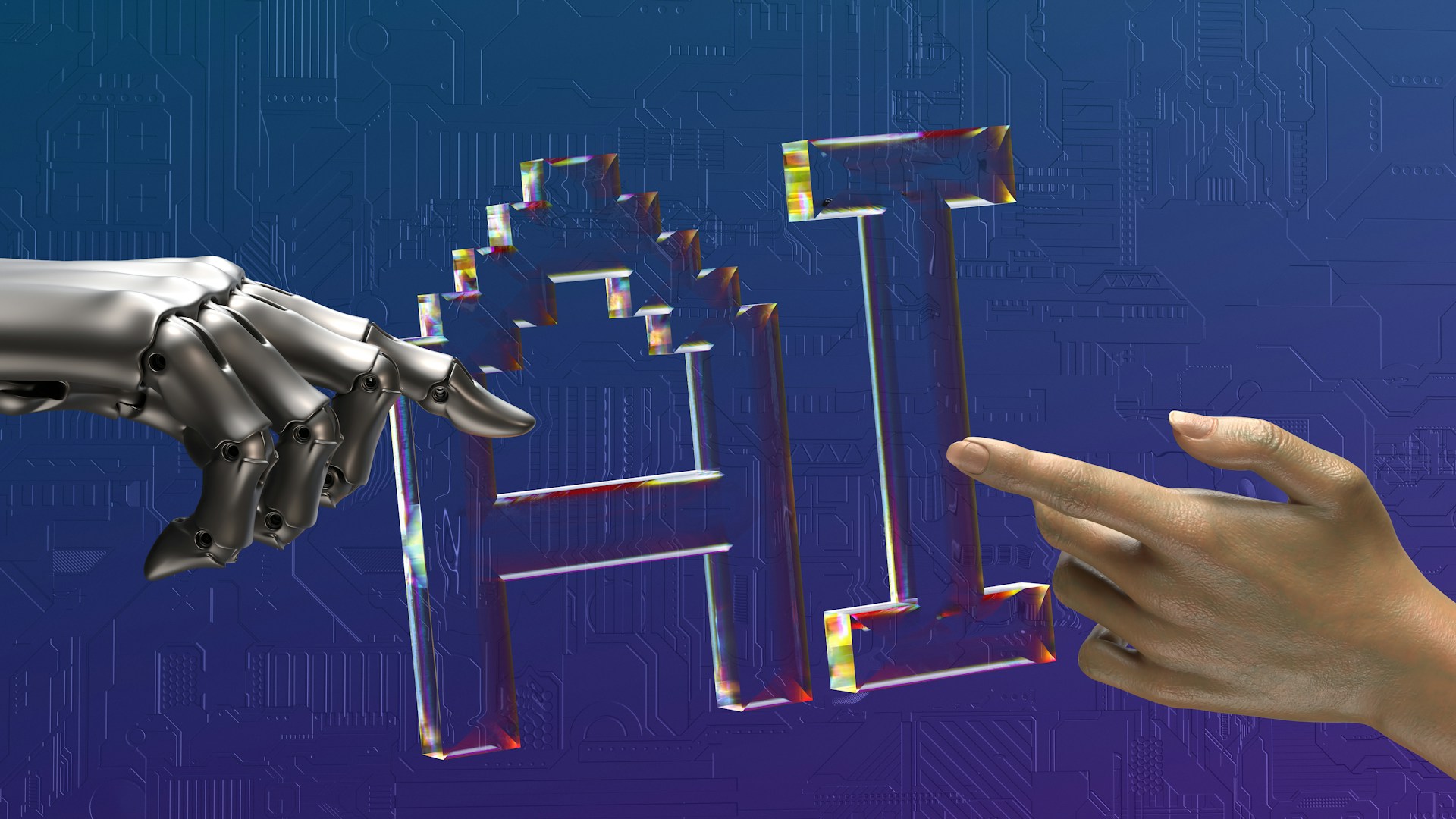AI is Upending Traditional Business Models
Artificial intelligence (AI) is rapidly transforming industries worldwide, upending traditional business models and forcing organizations to rethink how they operate. In Q4 2023, a little over one-third of S&P 500 companies mentioned AI in their earnings calls. The enthusiasm towards AI is not only from tech companies, but also non-tech companies.
The rise of AI bots on corporate boards has become a significant trend, with companies increasingly integrating advanced AI into their decision-making processes. This shift aims to leverage AI’s data-processing capabilities to improve efficiency and strategic outcomes in boardrooms.
“Within every area of management there is related data. AI can help make decisions based on that data to help human managers decide what action to take to fulfill their goal,” as quoted by a chief data scientist at Appier, a Taiwan-based technology company.
This technological wave is not just enhancing productivity but creating entirely new processes and opportunities for innovation. Tech giant Meta has launched an AI accelerator program for the APAC region to support promising startups, helping them build AI applications using its open-source AI model, Llama.
For Asia – a region home to some of the world’s fastest-growing economies – AI holds particular promise. The continent is not only a hub for tech development but also a region where AI’s potential for growth is profound. AI and GenAI investments in the region are projected to reach US$110 billion by 2028, growing at a CAGR of 24% from 2023 to 2028.
As businesses across Asia seek sustainable, long-term growth, AI can be the catalyst that drives the next phase of economic evolution. But alongside the potential for innovation, Asia must also navigate the complex challenge of developing AI ethically and responsibly.
How AI is Transforming Businesses Across Asia
AI’s ability to analyze vast amounts of data, optimize processes, and introduce automation in various sectors is driving unprecedented change across Asia. AI-powered systems are being used to solve real-world problems, allowing businesses to cut costs, improve customer experiences and drive efficiency at every level.
Asian economies, particularly in East and Southeast Asia, have been experiencing rapid industrialization and urbanization. AI is playing a pivotal role in automating labor-intensive processes, particularly in manufacturing. For example, Japan already a leader in industrial robotics, has been pushing the boundaries of AI-enhanced manufacturing, using AI-powered robots to complete complex tasks on production lines, boosting both speed and accuracy. Calculations by IMF staff reveals that increase in industrial robots in Japan, will not only increase productivity, but also benefit local employment and wages.
The finance sector across Asia is also experiencing a surge in AI-driven innovation. DBS Bank, Southeast Asia’s largest bank, has been a pioneer in leveraging AI and machine learning to drive its digital transformation. By adopting a strategic approach that balances bold decisions with practicality and data risk management, DBS has successfully implemented over 350 AI use cases and 800 models. This has resulted in significant economic impact, including S$370 million in cost savings and value-add in 2023 alone. Using AI the bank also helped identify possible credit risks, before they even occurred, saving over 80% of SMEs from loan defaults.
AI’s application in healthcare across Asia is also noteworthy. Philippines hospital chain, The Medical City (TMC) is leading the way in AI-integrated healthcare by partnering with Lunit, a South Korean company specializing in AI for medical imaging. By incorporating Lunit’s AI solutions into its mammography and chest X-ray services, TMC has significantly improved diagnostic accuracy and efficiency. Lunit’s AI technology, particularly its Insight CXR system, boasts an impressive accuracy rate of 97%-99% in detecting abnormalities in chest X-ray. The integration of such advanced technology is a major step towards modernizing healthcare and improving patient outcomes in the Philippines.
AI’s transformative potential across Asia is vast, with applications in manufacturing, finance, healthcare and beyond. As businesses in the region seek new avenues for growth, AI will be a crucial driver of innovation and productivity. However, alongside this growth, there is a pressing need to develop AI responsibly and ethically.
The future of AI in Asia is bright, but it will require a careful balancing act between fostering innovation and upholding ethical standards to ensure that AI’s benefits are shared broadly and equitably. As AI continues to reshape industries, it is crucial for businesses, governments, and society to work together to harness its power responsibly.
This topic will be discussed at the upcoming Horasis Asia Meeting that is being held in UAE, between 18-19 November 2024. This year’s meeting focuses on Dubai as Asia’s new economic hub, connecting Asia to the Middle East, Europe, and African regions.
Photo Caption: AI can be the catalyst that drives the next phase of economic evolution.



